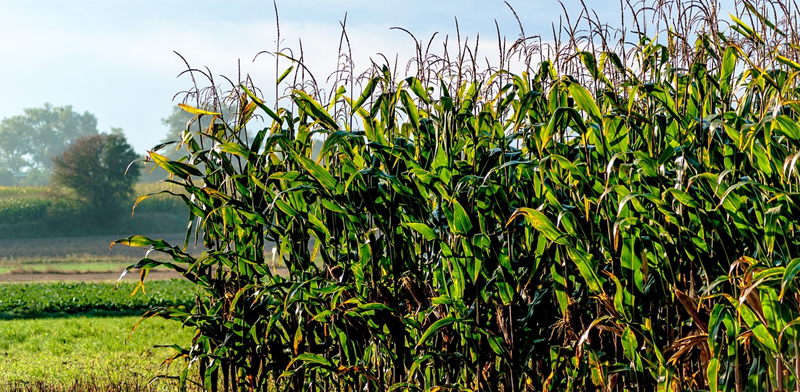News
New VLOG service on EU experimental releases and the Rapid Alert System
In order to further improve the security of the "Ohne Gentechnik" (Non-GMO) system, in the future, VLOG will report regularly on notifications from the EU register of experimental releases and the Rapid Alert System for Food and Feed (RASFF). This information will enable farmers, food producers and certification bodies to better assess the risks of genetically modified organisms (GMOs) to contaminate "Ohne Gentechnik" value chains and to take precautions where necessary. The information will generally be published once a year in the VLOG newsletter. We will also provide additional information if there are any relevant developments.
Before GMOs are commercially cultivated in the EU, so-called experimental releases are carried out. These are field trials with GMOs that require approval: Genetically modified plants that have been tested and approved for release by the authorities of the respective EU Member State are cultivated for research purposes. An authorisation granted is valid for a specific organism at one or more specific locations for a limited period of time. The release may thus be carried out officially, but does not actually have to take place.
The harvest from experimental releases may not be placed on the market. Nevertheless, experimental releases should also be watched for the purposes of monitoring "Ohne Gentechnik“ supply chains, as they can cause GM contamination. This can happen, for example, through pollen dispersal, insect pollination or emergence on land that was previously used for experimental releases. It is particularly important to note that if the GM plant has not yet been approved for commercial use, which is common in trials, there is zero tolerance for contamination. Any contamination with plants from the experimental releases would then be illegal.
In contrast to experimental releases, GM plants are used in commercial cultivation by farmers after EU approval has been granted. Currently, only Monsanto's transgenic maize MON810 is approved for cultivation in the EU.
According to the EU register of GMO experimental releases, 38 experimental releases are authorised in seven European countries from 2024 onwards (as of 27 October 2025). These include eight trials with maize in Belgium and Spain, six trials with potatoes in Sweden, Denmark and the Netherlands, five trials with rice in Italy and Spain, two trials with barley in Czechia and one trial with soy in Spain. A complete overview of approved GM experimental releases can be found in the EU register of GMO experimental releases in Part B notifications (experimental releases) using the filter "GM Plants". The trial details also include information on the exact location of the trial. No experimental releases are currently taking place in Germany.
The RASFF is a rapid alert system for food and feed in the EU, which is intended to ensure the exchange of information between Member States. The information network supports food safety authorities across countries in responding quickly to health threats caused by food or feed.
Since 2024, there have been 34 reports relating to genetically modified organisms in food and feed:
• Almost half of these cases involve rice products containing GM ingredients (rice noodles, rice cakes, rice flour) originating from China and Vietnam. GM ingredients were also found five times in Chinese miso paste.
• In addition, a genetically modified lactase enzyme from the United Kingdom was discovered.
• Soy meal from Ukraine, a raw material for animal feed, continued to be incorrectly declared as GMO-free.
• Unapproved GMOs in animal feed were found in linseed from Ukraine and Russia and in maize from Canada.
If these products are used or processed in VLOG production, special attention should be paid to analytical testing. Current reports on GMOs can be found via the RASFF search and the filter "Risk – 'GMO/novel food' and 'genetically modified'".
EU register of GM experimental releases – plants

